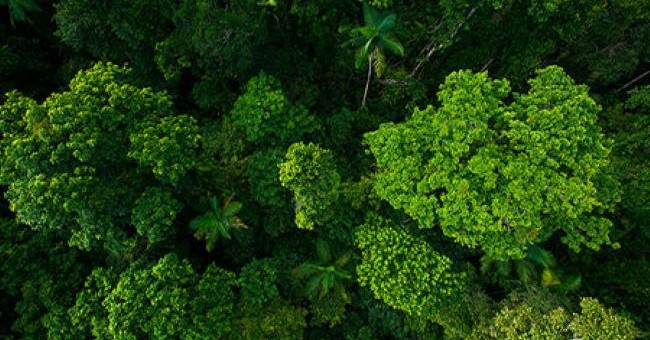(3 Minutes Read)
In a major boost to its national environmental agenda, Rwanda has secured USD 18 million in funding from the Global Environment Facility (GEF), reinforcing its commitment to building climate resilience and restoring degraded ecosystems. The announcement was made on Thursday by the Rwanda Environment Management Authority (REMA), which will oversee the allocation of the funds.
The financing will be directed toward advancing Rwanda’s flagship environmental initiative—the Green Amayaga Programme—which focuses on sustainable land and ecosystem restoration in six districts of the Southern Province: Kamonyi, Muhanga, Nyanza, Ruhango, Huye, and Gisagara. These districts are agriculturally significant but face mounting threats from land degradation, soil erosion, and changing climate patterns.
The programme will implement a mix of community-based resilience strategies and ecosystem regeneration efforts, with particular emphasis on restoring degraded landscapes, managing natural resources sustainably, and improving agricultural productivity through nature-based solutions.
REMA’s Director General, Juliet Kabera, highlighted the strategic importance of the funding for Rwanda’s national development. “Rwanda is committed to restoring its environment and strengthening the resilience of its people through inclusive, science-based, and locally driven solutions,” she said. “This marks a critical step forward in our national efforts to build a climate-resilient, green economy.”
Kabera also acknowledged the United Nations Development Programme (UNDP) for its ongoing technical support and partnership, which helped shape the newly funded initiative.
The new phase of the Green Amayaga Programme builds on the momentum of earlier successes. Achievements to date include:
- 929 hectares of woodlots established
- Restoration of the Kibirizi-Muyira natural forest buffer zone
- Planting of over 243,000 fruit trees to bolster agroforestry
- Implementation of soil erosion control measures across 13,886 hectares, including terracing, agroforestry, and strategic reed planting
These results illustrate Rwanda’s ability to deliver tangible, on-the-ground outcomes in environmental restoration and sustainable agriculture.
The initiative aligns with Rwanda’s long-term environmental vision, as outlined in its Nationally Determined Contributions (NDCs) under the Paris Agreement. By promoting ecosystem-based adaptation and integrated natural resource management, the project supports both mitigation and adaptation strategies for climate change.
Read Also;
The GEF’s investment also reflects growing international confidence in Rwanda’s environmental leadership and capacity for implementing impactful, community-centered interventions. As climate and environmental challenges intensify across sub-Saharan Africa, Rwanda’s approach could serve as a scalable model for regional ecosystem restoration and resilience planning.
In securing this funding, Rwanda takes another significant step toward its goal of a green, climate-resilient, and inclusive economy—setting an example for nations facing similar environmental and developmental challenges.





